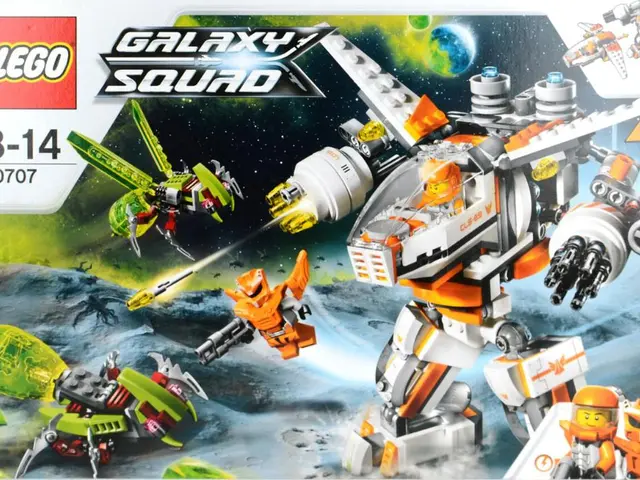Strategies to Quit Marijuana Use
Kicking the Weed Addiction: A Guide
Ditching a habit, whether it's quitting a daily sugar fix, reducing alcohol consumption, or giving up marijuana, can be a challenge, but it's worth it. Expect to feel better, get healthier, and make intentional, positive decisions instead of letting habit or addiction rule your life.
Marijuana: More Potent and Dangerous Than Ever Before
Despite popular belief, using marijuana isn't harmless. Today's weed is more potent with three times the high-inducing tetrahydrocannabinol (THC) compared to 25 years ago. This means it can make you more intoxicated and increase your risk of developing marijuana use disorder (addiction).
Is It Time for Change?
Addiction psychiatrist David Streem, MD, shares the signs that might indicate you have marijuana use disorder and provides tips to help you say goodbye to weed.
7 Tips to Quit Smoking Weed
Eager to learn how to ditch marijuana for good? Here are strategies Dr. Streem recommends:
- Address Underlying Problems
Whenever you're trying to change an unhealthy behavior, think about why you started it in the first place. Talk to a healthcare provider or therapist to find safer, more effective solutions for conditions such as depression, anxiety, or trauma. By addressing the root cause, it becomes easier to stop using marijuana.
- Make a Plan
The method you choose is less important than the planning you do. Treat it like changing your diet or starting an exercise plan, and choose a quit date. You can either go cold turkey or gradually reduce your use over time before stopping completely.
- Gather Support
Let people know that you're quitting marijuana. It makes you accountable and gives people a chance to offer encouragement. Join a supportive community like Marijuana Anonymous or Alcoholics Anonymous, or see a therapist with addiction treatment training for extra help.
- Avoid Triggers
Remove reminders and associations with marijuana from your life. This includes marijuana paraphernalia, people who use it, and places where you associate with drug use.
- Focus on Positive Changes
Rather than dwelling on giving up marijuana, focus on the new activities and habits you're adding to improve your life. This could be learning to meditate, spending more time with family, or picking up a new hobby.
- Overcome Cravings
Cravings for marijuana can be severe, but they don't last long. Distract yourself until they pass. Get support from a friend, family, or join a support group meeting. Consider taking an over-the-counter medication like N-acetyl cysteine (NAC), which might help reduce cravings.
- Don't Give Up
Quitting any habit can be difficult, so don't be hard on yourself when you slip up. Learn from your failures and try again with a slightly adjusted strategy. Remember that with each attempt, you're getting closer to quitting for good.
Telling if It's Time to Quit Marijuana
If marijuana has impacted your career, social life, finances, physical health, or it's causing problems in other aspects of your life, it may be time to reassess your use. Addiction doesn't depend on how often or how much you use; it's more about not changing despite consequences, and that's a sign of lost control.
Struggling with Marijuana Use Disorder
If you have continued use despite adverse effects, developed tolerance, or experience withdrawal symptoms, you may have marijuana use disorder. Cannabis use can also be linked to mental health issues, so if you have mood or anxiety disorders, consider addressing those first to make quitting easier.
Taking the First Step: Seeking Professional Help
Don't try to beat your addiction on your own. Seek help from a professional, such as a counselor, therapist, or helpline. Behavioral therapies like cognitive-behavioral therapy (CBT) and joining support groups can provide the encouragement and guidance you need during the recovery process.
Moving Forward: Embrace a More Positive Life
Quitting marijuana can be difficult, but the long-term benefits are worth it. With a combination of these strategies, solid support, and a committed mindset, you can take control of your life, improve your overall well-being, and pursue a future filled with joy and achievement.
- Achieving a healthier lifestyle could mean quitting marijuana, which is more potent and dangerous now than ever before, potentially impacting one's career, social life, finances, and physical health.
- Pursuing a future filled with joy and achievement may require addressing mental-health issues, as cannabis use can be linked to mental health problems such as depression and anxiety.
- Embracing a more positive life may also involve making intentional, positive decisions, such as focusing on health-and-wellness activities, taking care of one's physical health, and researching alternatives in science and finance for a more fulfilling career.








